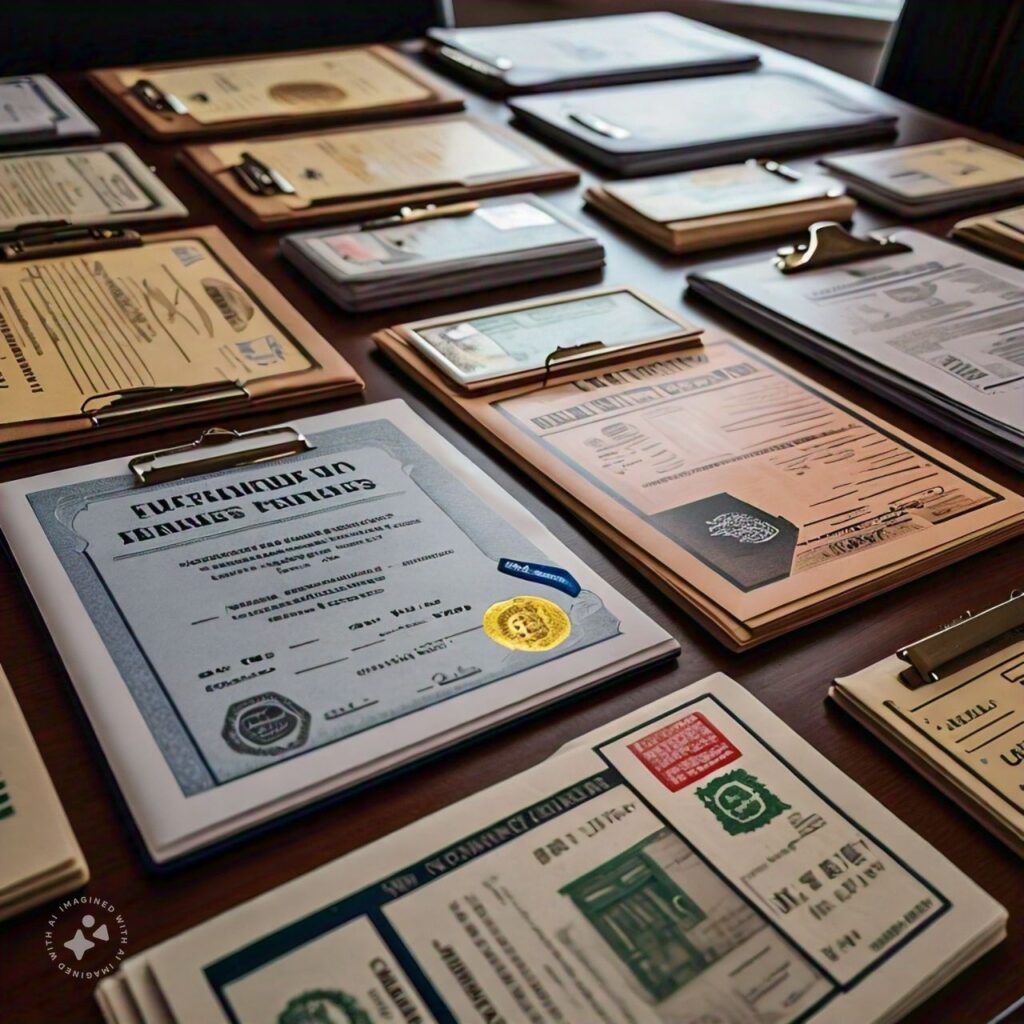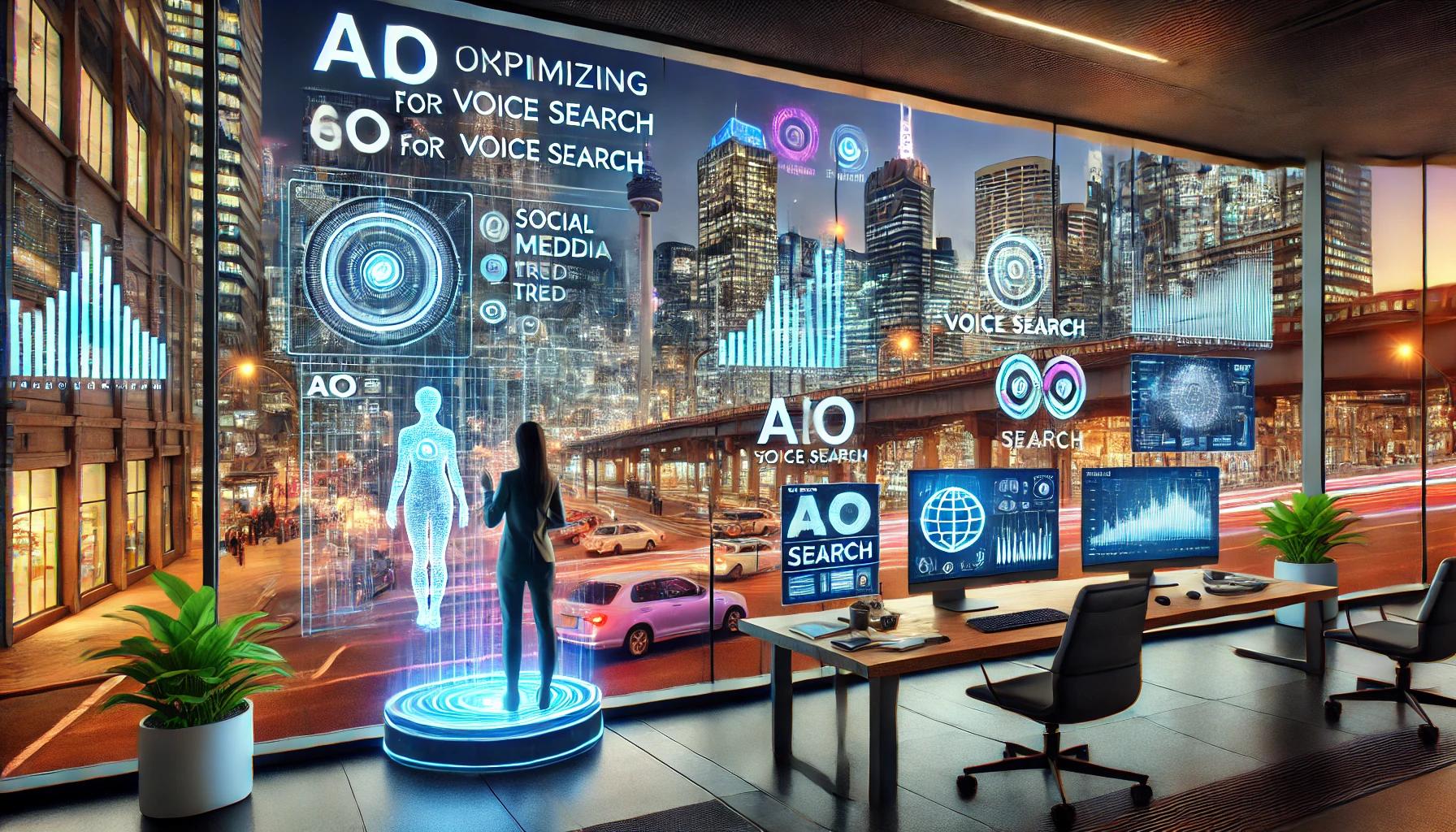Starting a business in the USA involves more than just a great idea and a solid business plan. To operate legally, you must obtain the necessary business licenses and permits. These legal requirements ensure that your business complies with federal, state, and local regulations. While the process may seem daunting, understanding the steps involved can make it much more manageable. This guide will walk you through the essentials of obtaining business licenses and permits in the USA.
Understanding the Importance of Business Licenses and Permits
Business licenses and permits are legal authorizations issued by government agencies that allow you to operate your business within a specific jurisdiction. These requirements vary depending on your business type, location, and the specific industry regulations that apply to you.
Obtaining the proper licenses and permits is crucial because:
- Legal Compliance: Operating without the necessary licenses can result in fines, penalties, or even the closure of your business.
- Building Credibility: Having the appropriate licenses enhances your credibility with customers, suppliers, and partners.
- Protecting Your Business: Licenses and permits help ensure that your business operations meet industry standards and protect you from legal liabilities.
Types of Business Licenses and Permits
There are several types of licenses and permits that your business may need, depending on the nature of your operations. Here are the most common ones:
- General Business License: This is a basic license that almost every business needs to operate legally within a specific city or county. It may also be referred to as a business tax certificate.
- Federal Licenses and Permits: If your business is involved in activities regulated by a federal agency, such as broadcasting, drug manufacturing, or transporting goods across state lines, you may need to obtain federal licenses or permits.
- State Licenses and Permits: Certain businesses, like those in the healthcare, legal, and real estate industries, require state-level licenses. The requirements vary by state, so it’s essential to check with your state’s business licensing office.
- Health and Safety Permits: Businesses that deal with food, healthcare, or hazardous materials may need health and safety permits. These ensure that your business complies with local health and safety regulations.
- Environmental Permits: If your business impacts the environment, such as through emissions or waste disposal, you may need environmental permits from federal, state, or local agencies.
- Sales Tax Permit: If your business sells goods or services subject to sales tax, you’ll need a sales tax permit, also known as a reseller’s license or a sales tax ID.

https://digiscave.com/
How to Obtain Business Licenses and Permits
The process for obtaining business licenses and permits can vary depending on your location and industry. Here are the general steps to follow:
- Determine What You Need: Start by identifying the specific licenses and permits your business requires. You can do this by checking with federal, state, and local government agencies. The U.S. Small Business Administration (SBA) offers resources and a database to help you determine the necessary licenses.
- Prepare Your Application: Gather all required documentation, such as your business plan, tax identification number, and any relevant certifications. Some permits may also require you to submit to inspections or meet certain industry standards.
- Submit Your Application: Applications can usually be submitted online, by mail, or in person at the relevant government office. Be prepared to pay any applicable fees, which can vary widely depending on the license or permit.
- Follow Up: After submitting your application, follow up to ensure it’s being processed. Some licenses or permits may take weeks or even months to be approved, so it’s important to plan ahead.
- Keep Licenses Current: Most licenses and permits must be renewed periodically. Keep track of renewal dates to ensure you remain compliant with all regulations.
Tips for Staying Compliant
- Stay Informed: Regulations can change, so it’s important to stay informed about any new licensing requirements that may affect your business.
- Consult a Professional: If you’re unsure about the licensing requirements for your business, consider consulting a lawyer or a business consultant who specializes in regulatory compliance.
- Keep Records: Maintain accurate records of all your licenses and permits, including application dates, fees paid, and renewal dates. This will help you avoid missing deadlines and ensure that your business remains compliant.
- Regularly Review Your Licenses: As your business grows or changes, your licensing needs may evolve. Regularly review your licenses and permits to ensure they still cover all your business activities.
Conclusion
Obtaining the necessary business licenses and permits is a critical step in establishing and operating a legal business in the USA. While the process can be complex, taking the time to understand the requirements and ensuring that you comply with all regulations can save you from legal trouble and help you build a reputable business. By following the steps outlined in this guide and staying informed about any changes in licensing requirements, you can ensure that your business is set up for success from the start.
FAQs
1. What are the most common business licenses required in the USA?
- The most common business licenses include a general business license, sales tax permit, and health and safety permits. Depending on your industry and location, you may also need specific state or federal licenses.
2. How can I find out which licenses and permits my business needs?
- You can determine the necessary licenses and permits by checking with federal, state, and local government agencies. The U.S. Small Business Administration (SBA) offers resources to help identify the specific requirements for your business.
3. What happens if I operate my business without the required licenses?
- Operating without the required licenses can result in fines, penalties, or even the closure of your business. It’s crucial to ensure you have all the necessary licenses and permits before starting your operations.


































Leave a Reply